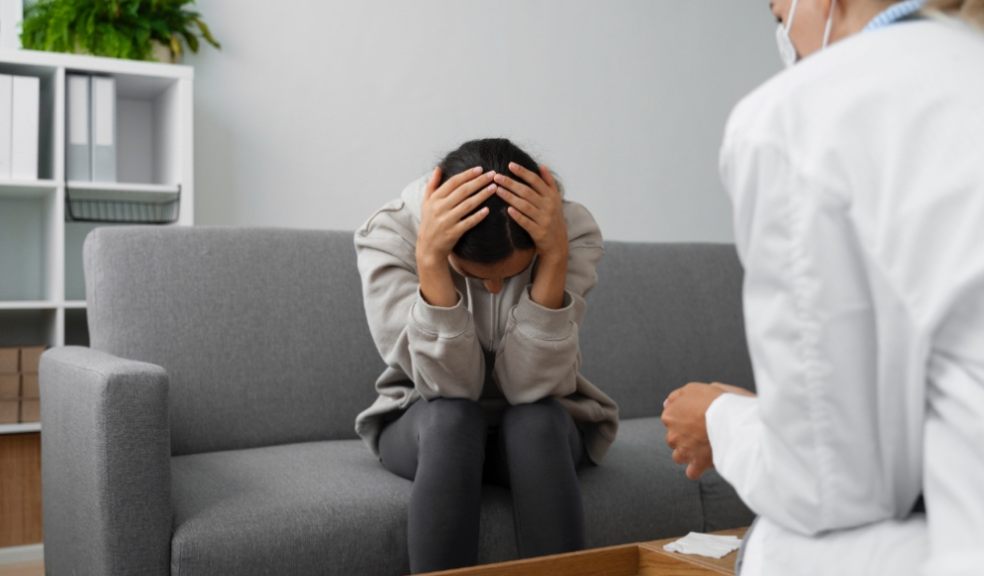
Effective Therapies for the Treatment of Schizophrenia
Schizophrenia is a mental health condition that can significantly affect the behavior, emotions, thoughts and perceptions of people with the disorder. Although it has no cure, several schizophrenia therapies have proven to be effective in helping to manage the disorder and have provided patients with the ability to function and even excel in society.
Symptoms of Schizophrenia
The symptoms of schizophrenia differ, and patients can have symptoms come and go in frequency, duration, and severity. Some of the symptoms of the disorder include:
- Hallucinations. One of the most common symptoms is people seeing, hearing, feeling, smelling, and tasting things that don’t exist.
- Difficulty in organizing one's thoughts: People with schizophrenia have trouble thinking clearly and making rational connections and decisions.
- Having delusions or beliefs that are not based on reality.
- Emotional and physical withdrawal from everyday activities and social interaction, including a lack of interest in maintaining personal hygiene and self-care.
- Abnormal behavior, movements, and unpredictable actions.
If you recognize any of these symptoms in a friend or loved one, you should urge them to seek professional medical help immediately. People with schizophrenia often lack the self-awareness to notice the onset of symptoms or feel they're acting normally. This makes it crucial for friends and family to provide guidance and support.
Schizophrenia Therapies and Treatments
A range of medicines is usually the initial choice of treatment for schizophrenia. The medicines include first and second-generation (newer) antipsychotics. The downside of all these medicines is that they can cause side effects in some people, and patients may not want to keep taking them. Finding an acceptable medication may take time. These second-generation medicines may cause fewer side effects.
The doctor may also prescribe other medications, including mood stabilizers, antidepressants, and antianxiety medicines.
Psychosocial Therapies
Once the patient’s symptoms have stabilized and they’re taking their medications consistently, it's crucial for them to begin psychosocial treatments. These schizophrenia therapies teach them how to re-engage with society and the world. The therapies include:
- Social skills training focuses on improving communication and interactions so that people can participate in and contribute meaningfully to daily life and activities.
- Individual therapy can help improve a patient's patterns of thought, help them learn to deal with stress and teach them how to identify the return of their symptoms.
- Family therapy teaches family members how to deal with schizophrenia and provide needed support. They learn how to recognize the return of the patient's symptoms and what to do if this occurs.
- Vocational training and supported employment therapy concentrates on helping schizophrenia patients prepare to re-enter the working world and teaches them ways to find and keep a job.
Get the Help You Need at BMHH
Schizophrenia can tear families apart and ruin lives if left untreated. If you feel that a loved one is exhibiting the symptoms of schizophrenia, schedule an appointment at Bangkok Mental Health Hospital (BMHH) for an initial consultation.













